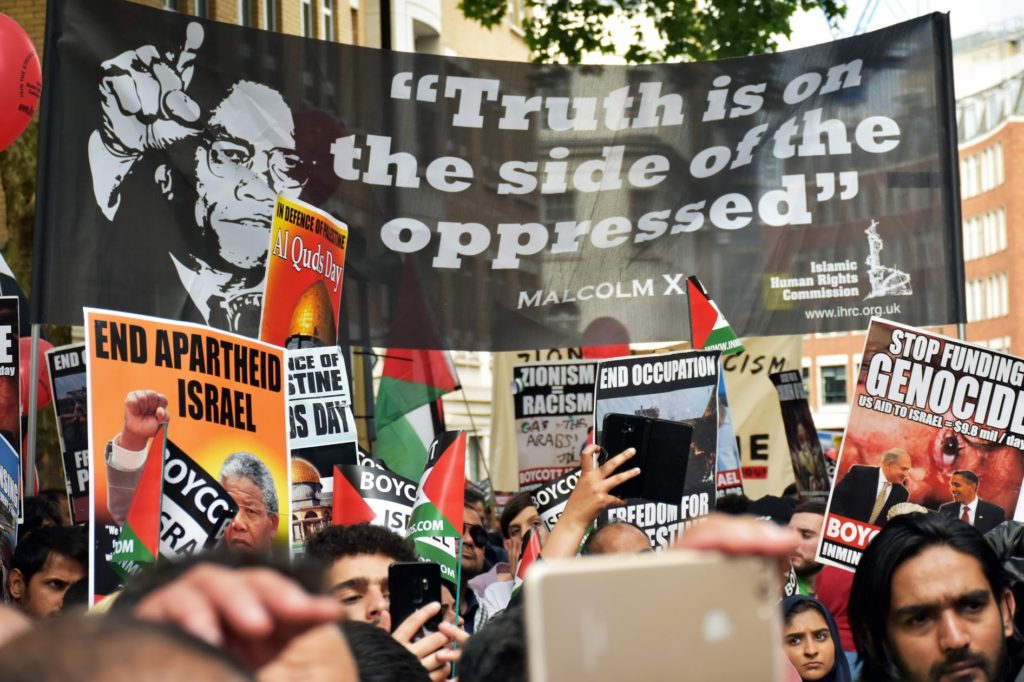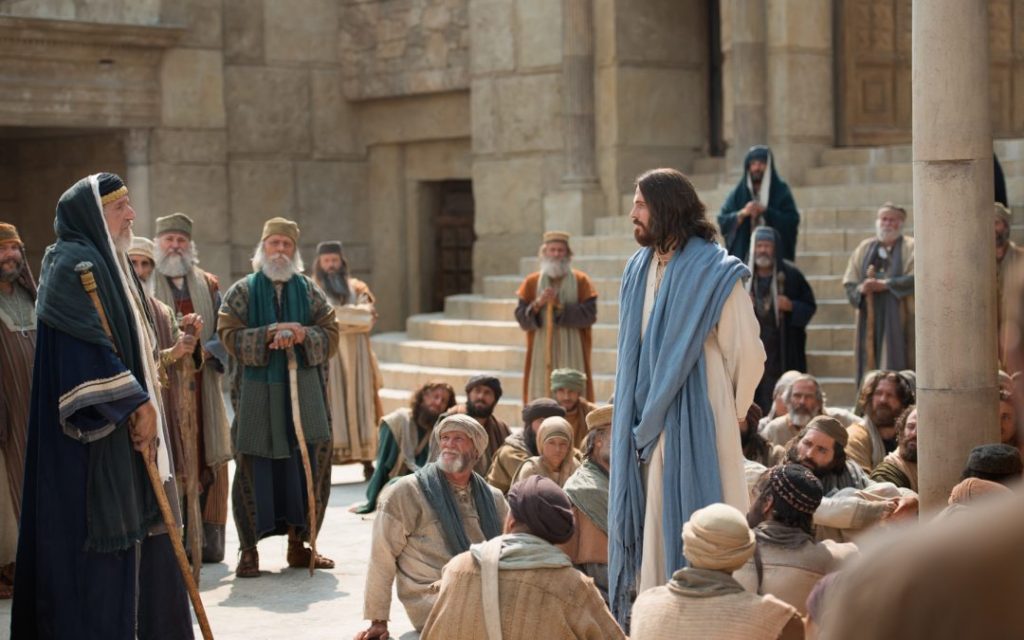
“Treacherous colleagues, competitive friends, bloody-minded commuters – it’s a war out there. And according to Robert Greene, it’s a conflict we’re ill-equipped to deal with. After analyzing the moves of history’s great military leaders, he’s written a rulebook to achieving victory in life’s daily battles.”[1]
The blurb goes on to say, “Spanning world civilizations, synthesizing dozens of political, philosophical, and religious texts and thousands of years of violent conflict, The 33 Strategies of War is a comprehensive guide to the subtle social game of everyday life informed by the most ingenious and effective military principles in war. Learn the offensive strategies that require you to maintain the initiative and negotiate from a position of strength, or the defensive strategies designed to help you respond to dangerous situations and avoid unwinnable wars.”
According to Penguin the publishers, this is “An indispensable book… The great warriors of battlefields and drawing rooms alike demonstrate prudence, agility, balance, and calm, and a keen understanding that the rational, resourceful, and intuitive always defeat the panicked, the uncreative, and the stupid… The 33 Strategies of War provides all the psychological ammunition you need to overcome patterns of failure and forever gain the upper hand.”[2]
Today we are going to learn about Jesus’ strategy, not for war but for peace. We are going to compare Jesus’ strategy with that of the Pharisees (and by way of application – observe how the same tactics are used by Zionists today).











